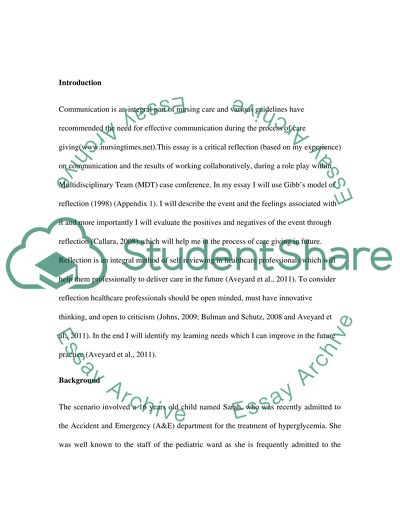Cite this document
(“CRITICAL REFLECTION ON ROLE PLAY MDT CASE CONFERENCE Essay”, n.d.)
Retrieved from https://studentshare.org/nursing/1682893-critical-reflection-on-role-play-mdt-case-conference
Retrieved from https://studentshare.org/nursing/1682893-critical-reflection-on-role-play-mdt-case-conference
(CRITICAL REFLECTION ON ROLE PLAY MDT CASE CONFERENCE Essay)
https://studentshare.org/nursing/1682893-critical-reflection-on-role-play-mdt-case-conference.
https://studentshare.org/nursing/1682893-critical-reflection-on-role-play-mdt-case-conference.
“CRITICAL REFLECTION ON ROLE PLAY MDT CASE CONFERENCE Essay”, n.d. https://studentshare.org/nursing/1682893-critical-reflection-on-role-play-mdt-case-conference.


